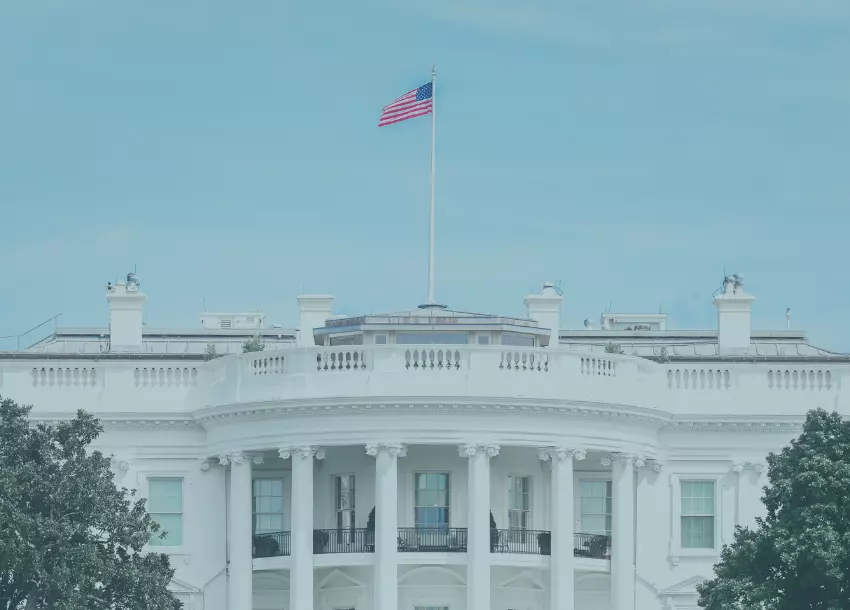Working From Home – Physical Presence Nexus and Withholding Requirements in the Age of COVID-19
Since the United States Supreme Court issued its opinion in South Dakota v. Wayfair, Inc., 138 S.Ct. 2080, states all over the country have been imposing sales tax nexus on retailers without a physical presence under an extremely wide variety of “economic presence” thresholds – e.g., $100,000 in gross receipts or 200 separate transactions. Prior to Wayfair, states could only impose sales tax nexus on a retailer if that retailer had a physical presence in the taxing state. Although the focus has shifted to taxpayers’ economic presence in a particular state, physical presence nexus is alive and well.
Determining whether a taxpayer has nexus requires analyzing the taxpayer’s activities in, and connections to, a particular state. Factors establishing physical presence include not only the obvious activities, such as maintaining an office or warehouse, but also connections such as having remote employees living and working in the taxing state. In the age of COVID-19, where a large segment of the otherwise commuting workforce is working from home, taxpayers cannot help but worry about the effect this will have on their sales and use tax liability.
Contrary to popular opinion, state and local taxing authorities are not wholly malicious. No one enjoys paying taxes, so Departments of Revenue, County Assessors, and the like are often painted as the “bad guys.” However, they are merely enforcing the laws established by the legislators and council members we vote into office. All that is to say, taxing authorities are much kinder and receptive than we give them credit for, because interpreting and administering tax laws is difficult, and we’re all in this together.
Considering that we’re all in this together, it should not surprise anyone that the South Carolina Department of Revenue, in SC Information Letter #20-11, has done taxpayers a solid and temporarily relaxed its enforcement of physical presence nexus in light of the COVID-19 Pandemic. Specifically, SCDOR will not impose physical presence nexus on a business solely because that business has an employee who is temporarily working in South Carolina due to the COVID-19 Pandemic between March 13, 2020, and September 30, 2020.
In addition to nexus implications, employers who have employees working remotely in South Carolina should also consider income tax withholding requirements. Generally, South Carolina requires employers having employees earning income within South Carolina to withhold income tax on wages paid to those employees. However, in accordance with IL #20-11, “[e]ffective from March 13, 2020, through September 30, 2020, South Carolina will not use the temporary change of an employee’s work location during the COVID-19 relief period to impose [or relieve] a South Carolina withholding requirement.”
The Department’s Information Letter indicates that it is joining a growing number of states in providing relief to companies and businesses due to the unprecedented number of office closures and stay-at-home orders stemming from the pandemic. For additional SCDOR COVID-19-related relief, check out my summary here.
Our Insights are published as a service to clients and friends. they are intended to be informational and do not constitute legal advice regarding any specific situation.
About Maynard Nexsen
Maynard Nexsen is a full-service law firm of 600+ attorneys in 31 locations from coast to coast across the United States. Maynard Nexsen formed in 2023 when two successful, client-centered firms combined to form a powerful national team. Maynard Nexsen’s list of clients spans a wide range of industry sectors and includes both public and private companies.
Related Capabilities






